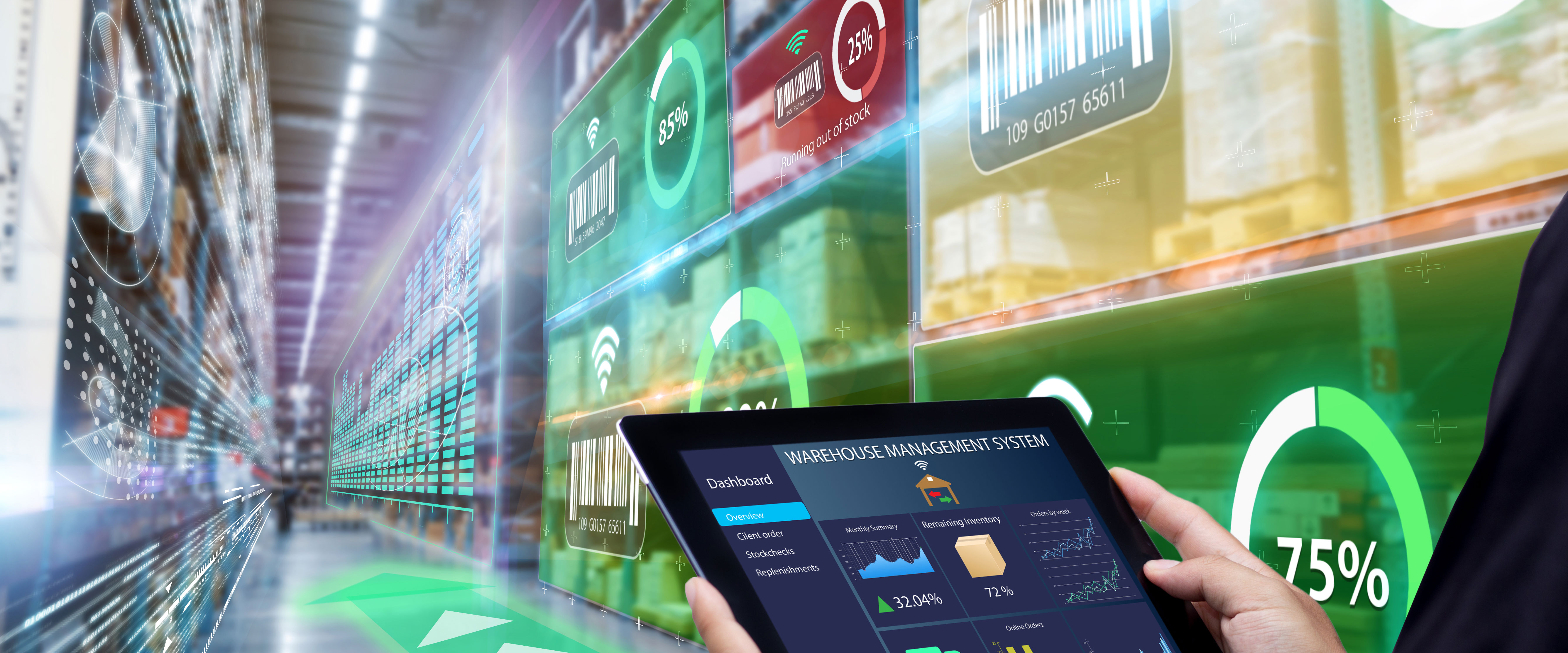VAI Blog
VAI Experts cover the hottest topics that affect Wholesale Distributors and Manufacturers
VAI Experts cover the hottest topics that affect Wholesale Distributors and Manufacturers
Latest Blog

How to Compare Different ERP Systems for Your Business
Thursday, February 26, 2026
Choosing an ERP is a high-impact decision that should be guided by a structured evaluation process, not demos or brand reputation. The piece lays out a step-by-step framework: document business and industry requirements, compare core functionality and integration capabilities, evaluate cloud/on-premise/hybrid deployment tradeoffs, test usability with real users, and model total cost of ownership including hidden change-management costs. It also emphasizes assessing vendor implementation methodology, industry expertise, support, and product roadmap, then using a weighted scorecard to align stakeholders and avoid common mistakes like over-customizing early or overlooking scalability.

Joe O'Hea

How ERP Systems Improve Visibility Across Operations
Feb 18, 2026
|
Maggie Kelleher

AI vs. Traditional ERP: Which Delivers More Value for Wholesale Distributors?
Feb 10, 2026
|
Kevin Beasley

Streamlining Order Management in Durable Goods with AI-Powered ERP
Feb 4, 2026
|
Ryan Radonavitch

FSMA 204 Compliance: How VAI ERP Helps You Stay Audit-Ready
Jan 28, 2026
|
Gina Parry

Cloud ERP vs. On-Premise ERP: What’s Better for Food & Beverage Companies?
Jan 21, 2026
|
Matthew Petito

Top Ways AI-Driven ERP Improves Inventory Management
Jan 12, 2026
|
Pete Zimmerman
Load More

How ERP Systems Improve Visibility Across Operations
Feb 18, 2026
|
Maggie Kelleher

AI vs. Traditional ERP: Which Delivers More Value for Wholesale Distributors?
Feb 10, 2026
|
Kevin Beasley

Streamlining Order Management in Durable Goods with AI-Powered ERP
Feb 4, 2026
|
Ryan Radonavitch

FSMA 204 Compliance: How VAI ERP Helps You Stay Audit-Ready
Jan 28, 2026
|
Gina Parry

Cloud ERP vs. On-Premise ERP: What’s Better for Food & Beverage Companies?
Jan 21, 2026
|
Matthew Petito

Top Ways AI-Driven ERP Improves Inventory Management
Jan 12, 2026
|
Pete Zimmerman

Is Your ERP Future-Proof? The 5 Essential AI Capabilities For 2026 And Beyond
Jan 5, 2026
|
Kevin Beasley

Using AI-Driven ERP to Improve Inventory Accuracy
Dec 17, 2025
|
Joe O'Hea

Why AI Is No Longer An "Add-On": The Future Of ERP As A Proactive System
Dec 10, 2025
|
Kevin Beasley

Benchmarks for ERP Success: Metrics for Measuring ROI in the Pharmaceutical Industry
Dec 3, 2025
|
Gina Parry

E-commerce Trends in 2025: Why Flexible ERP Systems Are Critical
Nov 18, 2025
|
Todd Endsley

How ERP and AI Ensure Supply Chain Traceability
Nov 11, 2025
|
Pete Zimmerman
Load More

How ERP Systems Improve Visibility Across Operations
Feb 18, 2026
|
Maggie Kelleher

AI vs. Traditional ERP: Which Delivers More Value for Wholesale Distributors?
Feb 10, 2026
|
Kevin Beasley

Streamlining Order Management in Durable Goods with AI-Powered ERP
Feb 4, 2026
|
Ryan Radonavitch

FSMA 204 Compliance: How VAI ERP Helps You Stay Audit-Ready
Jan 28, 2026
|
Gina Parry

Cloud ERP vs. On-Premise ERP: What’s Better for Food & Beverage Companies?
Jan 21, 2026
|
Matthew Petito

Top Ways AI-Driven ERP Improves Inventory Management
Jan 12, 2026
|
Pete Zimmerman

Is Your ERP Future-Proof? The 5 Essential AI Capabilities For 2026 And Beyond
Jan 5, 2026
|
Kevin Beasley

Using AI-Driven ERP to Improve Inventory Accuracy
Dec 17, 2025
|
Joe O'Hea

Why AI Is No Longer An "Add-On": The Future Of ERP As A Proactive System
Dec 10, 2025
|
Kevin Beasley

Benchmarks for ERP Success: Metrics for Measuring ROI in the Pharmaceutical Industry
Dec 3, 2025
|
Gina Parry

E-commerce Trends in 2025: Why Flexible ERP Systems Are Critical
Nov 18, 2025
|
Todd Endsley

How ERP and AI Ensure Supply Chain Traceability
Nov 11, 2025
|
Pete Zimmerman
Load More
120 Comac St
Ronkonkoma, NY, 11779
(p) Toll Free 1.800.824.7776
(p) 1.631.588.9500
(f) 1.631.588.9770
(p) Toll Free 1.800.824.7776
(p) 1.631.588.9500
(f) 1.631.588.9770
120 Comac St
Ronkonkoma, NY, 11779
(p) Toll Free 1.800.824.7776
(p) 1.631.588.9500
(f) 1.631.588.9770




